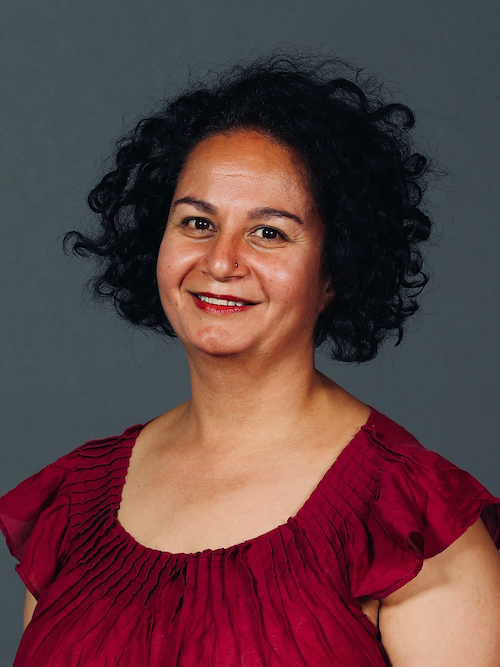When I moved to India I left behind, what many would consider, a very good career. I was a senior manager in a big bank, and had a lot of opportunity to progress and develop. I just needed a change, the corporate rat race wasn’t really for me anymore.
Whilst I left my job, I had still saved with the intention of being able to take time off in India and travel, before feeling the need or financial pressure to settle down and find a job. Having been in India for only 3 weeks, what is blazingly obvious is that my perception of what is expensive or cheap is very different from that of a local. I still haven’t adjusted my own perceptions of wealth.
Depending upon what source you look at on the internet, the average income in India is between US$500 and US$6,000 per annum. Whichever way you look at it, compared to Western incomes, the average Indian earns significantly less. That said, the cost of living can also be incredibly cheap (from a Western perspective). Today (excluding accommodation) I spent Rs775 (US$17.20). It was a relatively expensive day, as I ate at quite nice restaurants. What did I get for my Rs775?
- Breakfast of toast, tea and lime juice
-
4 taxi rides
-
Palak Paneer, steamed rice and lemon juice
-
Entrance to the Lake Palace Museum and a personal guide
-
Chocolate brownie and lemon juice
-
Large bottle of mineral water
Clearly I do like my citrus juices, thankfully they are specialty in India. If I tried to purchase something similar in Australia, at an estimate the same day would have cost me at least US$150. That’s a very big differential.
I had a little chuckle to myself when my friend (Tortoise Tales) asked me to send her some Rakhi’s for TT and offered to deposit the money in my account for the gift. I laughed because after I selected about 15 Rakhi’s, bought a card, had them packed and sent by airmail, I had spent a total of $3.40. She can buy me a coffee next time I see her.
Whilst I have spent so little here, to a local I look considerably wealthy. It’s not just what I eat, but the mode of transport I choose and the way I dress (and I am certainly not glamorous!). Everything about me screams wealth, and I can feel myself cringing as a local looks at me when I walk past.
However, I can’t seem to find a way out of it. The extremes of wealth and poverty are so vast here. In the same streets where a wealthy doctor parks their brand new Audi, is a family of four living under a plastic sheet 2m by 2m. It is not only foreigners or recent arrivals, the wealth divide exists for locals who have been fortunate by birth or opportunity.
As a Westerner though, I am finding these extremes between wealth and poverty here just heartbreaking to watch. Even though I have seen them before, after all this is my eighth visit to India. The wealthy can be almost obscene in their display. Big, expensive cars, flashy jewellery and servants for everything imaginable. If one can afford to pay someone to do something, they certainly don’t do it themselves.
Yet, I still sit here in the comfort of my air-conditioned room, tapping away on my laptop worth more than the average income here. Something tells me there must be more I can do to help bridge this gap, but I am not sure what it is that I can do that would actually make a difference.
I also didn’t come to India with the idea of saving people, it’s certainly not in my nature. I am happy to help people, but I come from the school of thought where you teach someone to fish and they will eat for a lifetime. But in India, it is almost impossible to know where to start, everywhere you turn there is someone in need, it’s very overwhelming. I don’t think I am adequately equipped to help them, and I am not sure it’s what I really want to do here. But certainly the itch to do something other than flaunt my perceived wealth is certainly strong. I guess as the days and weeks go on, and I travel more of this country, I will see what it is I do or don’t do to bridge the wealth gap.

Leave a Reply